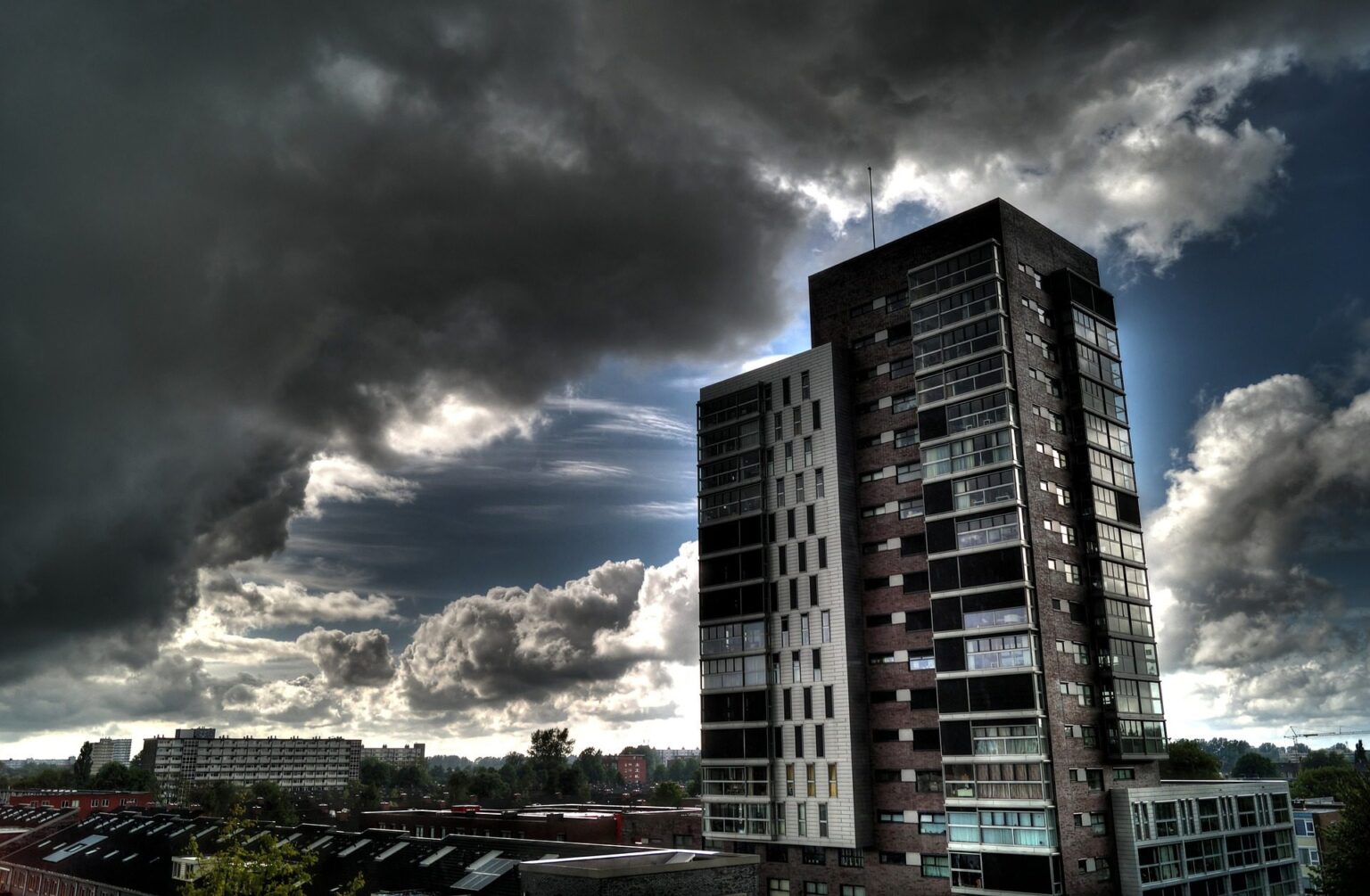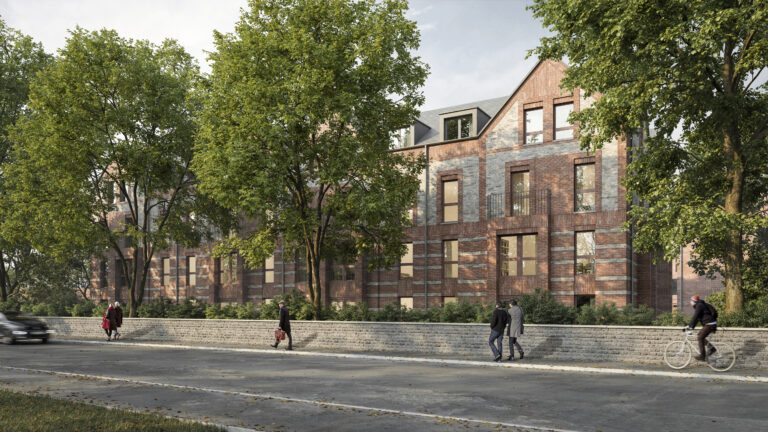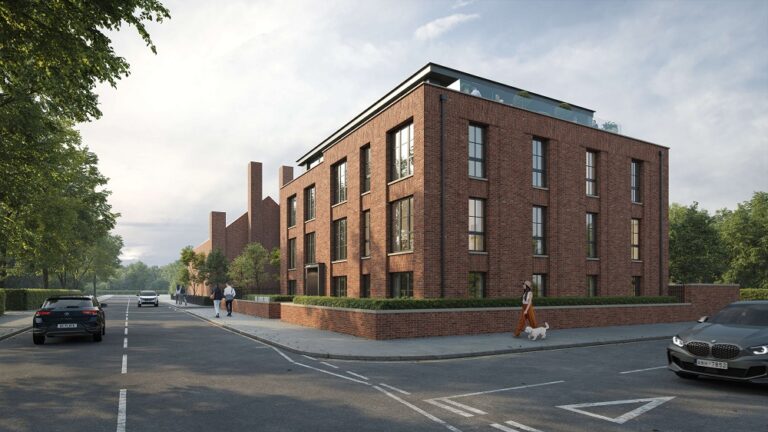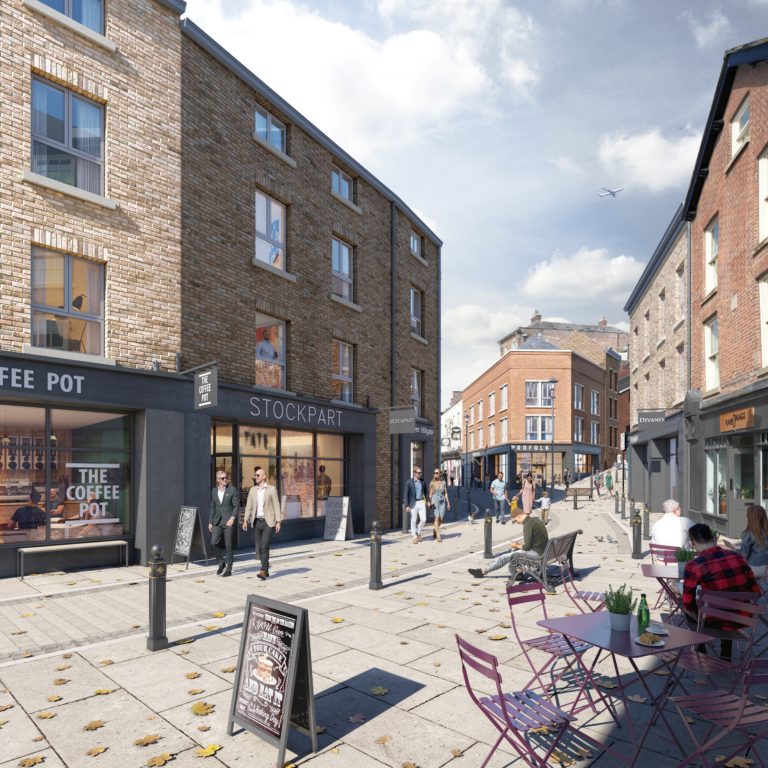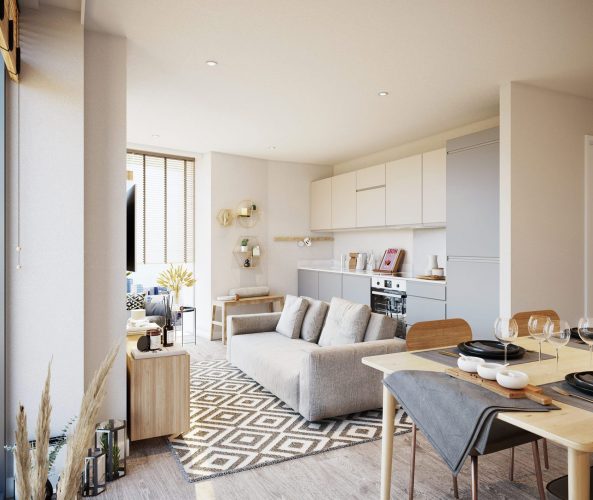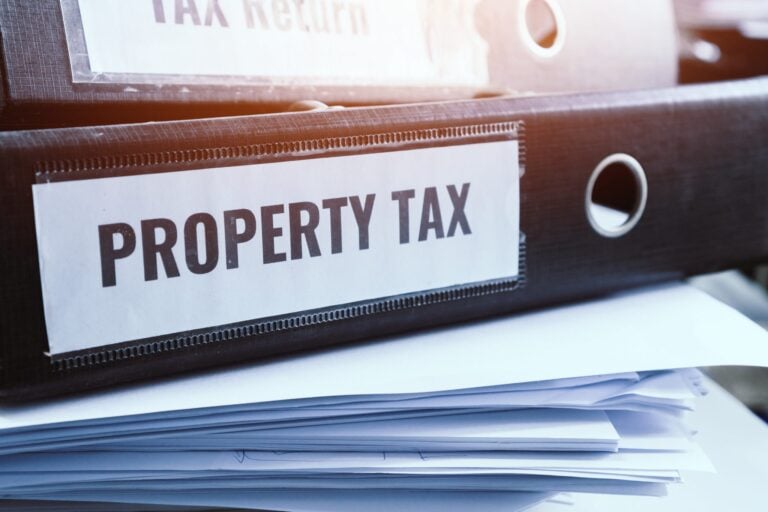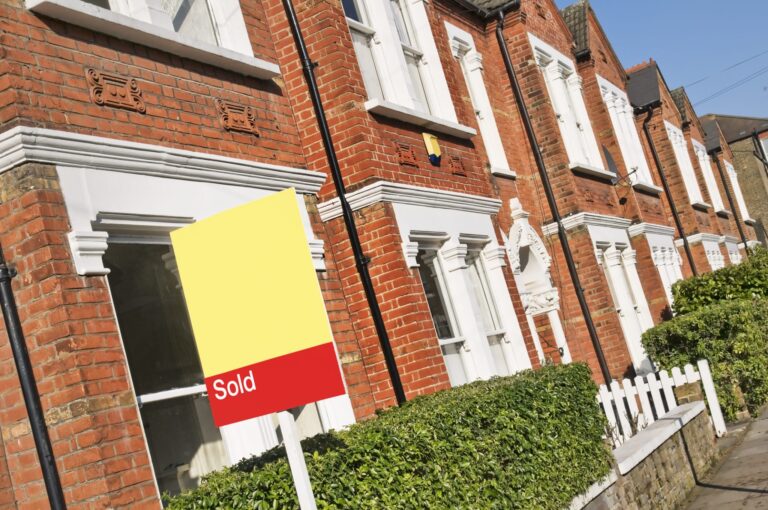It’s been more than two years since the Grenfell Tower disaster, and a lot’s changed in the construction industry, but the repercussions are still being felt by many high-rise residents.
Across England, thousands of owners of flats in high-rise buildings are currently in limbo, unable to remortgage or sell their properties due to untested fire safety issues. The problem is mainly affecting leaseholders and those on shared ownership schemes, as they don’t have power over the building’s freehold.
Some of these properties still feature the same combustible cladding that exacerbated the Grenfell Tower fire in West London in 2017, which swept across the building and led to the deaths of 72 people.
However, even on buildings with other forms, or “non-ACM” cladding, until they have been tested and deemed safe by a qualified professional, lenders are refusing to grant mortgages. Valuation reports have been coming back at £0, meaning people are essentially trapped in what could be unsafe homes, unable to sell.
In December, the Royal Institute for Chartered Surveyors (RICS), the Building Societies Association (BSA) and UK finance agreed to a new industry-wide valuation process for buildings more than six storeys high relating to fire safety. The new External Wall Fire Review Process, through a form known as EWS, provides a valuation process to be completed by a fire expert. The process is intended to allow lenders to rely on the EWS form for mortgage valuations.
But many argue this has not solved the problem. It is still a time consuming process, with a shortage of available professionals to carry out the inspection work, and remedial action is also arduous and sometimes invasive. And with the guidelines continuing to change, as well as arguments over who is to bear the cost of such measures, many people are still experiencing a stalemate.
Mortgage issues
The government has pledged to fully fund the removal and replacement of unsafe ACM cladding on private sector residential buildings 18 metres or over. However, buildings with unsafe non-ACM cladding or those measuring less than 18 metres tall are still left in the lurch, while many blocks may not be unsafe but have not been certified as such.
The BBC has reported that many owners of apartments in affected buildings are unable to sell because banks are unwilling to refinance homes that haven’t been certified safe. Many people have reported that they have accepted an offer on their property, but the new buyer hasn’t been able to get a mortgage.
The issue, according to the report, is that while the government released guidance about what made a building unsafe, it did not clarify how the cladding is to be found, how exactly it should be remedied, and who funds the measures. Some argue the government’s advice has created more confusion than solutions, which is why lenders are baulking at financing these properties.
Aaron Strutt, product director at Trinity Financial, commented: “If cladding of a combustible nature is thought to be present, the property cannot be assessed for mortgage purposes without further information.”
“Lenders will require information from the building owner/management company in their capacity as the legally ‘responsible person’ for the safety of their buildings to confirm the type of cladding/insulation used on the building. They will need confirmation a review of the building has been carried out by a suitably qualified independent expert in accordance with the decision tree in MHCLG Advice Note 14.
“Even once the report has been sent to the lender further information may be requested to confirm the property is suitable for lending.”
Should buyers be put off high rises?
Since the Grenfell disaster, most developers and housebuilders have become significantly more stringent with their building materials on new-builds. Keeping residents safe has never been more in the spotlight, and many builders are taking extra steps to ensure that their buildings meet the highest regulatory standards.
All new high-rise homes are now banned from using combustible materials. As the government is now considering lowering the 18 metre height threshold to 11 metres, most developers are ensuring that regardless of height, their projects are considered fire-safe.
The government is also investigating the fire door industry following concerns about the consistency of certain fire doors against the required performance standards. In a new-build, building owners are being advised to take steps to ensure that all doors meet the minimum standards.
Therefore, provided the development is under a reputable housebuilder that you trust, property buyers should not be put off investing in a new-build high rise. There are huge numbers of city centre apartment blocks currently under construction to meet the growing needs of the residential market – for both homeowners and the rental sector – and developers should now be taking extra steps to ensure that all their properties are fully mortgageable and safe for residents.
As with any property purchase, it is vital to appoint trusted solicitors or conveyancers who should highlight any potential issues.
What’s next?
Housing Secretary Robert Jenrick said in a recent statement: “The government is committed to bringing about the biggest change in building safety for a generation.
“Progress on improving building safety needs to move significantly faster to ensure people are safe in their homes and building owners are held to account.”
For owners of properties that are affected by cladding issues, at the moment there is no clear resolution, but it is hoped that the industry will be able to create a solution for mortgage prisoners.
For prospective buyers of new-build properties that were completed recently or are still under construction, you are advised to research the developer involved in the project to ensure you can be confident in the safety of the building. While the confusion over cladding is a worry for many existing high-rise blocks, buyers of new-builds should have the added reassurance that developers are working to ensure the latest, highest standards of building safety.
At BuyAssociation, we specialise in off-plan new-build investments and conversions. We only work with reputable, experienced developers who maintain the highest building and safety standards in their projects. Speak to one of our team to find out more, and sign up to stay up to date with our latest opportunities.
